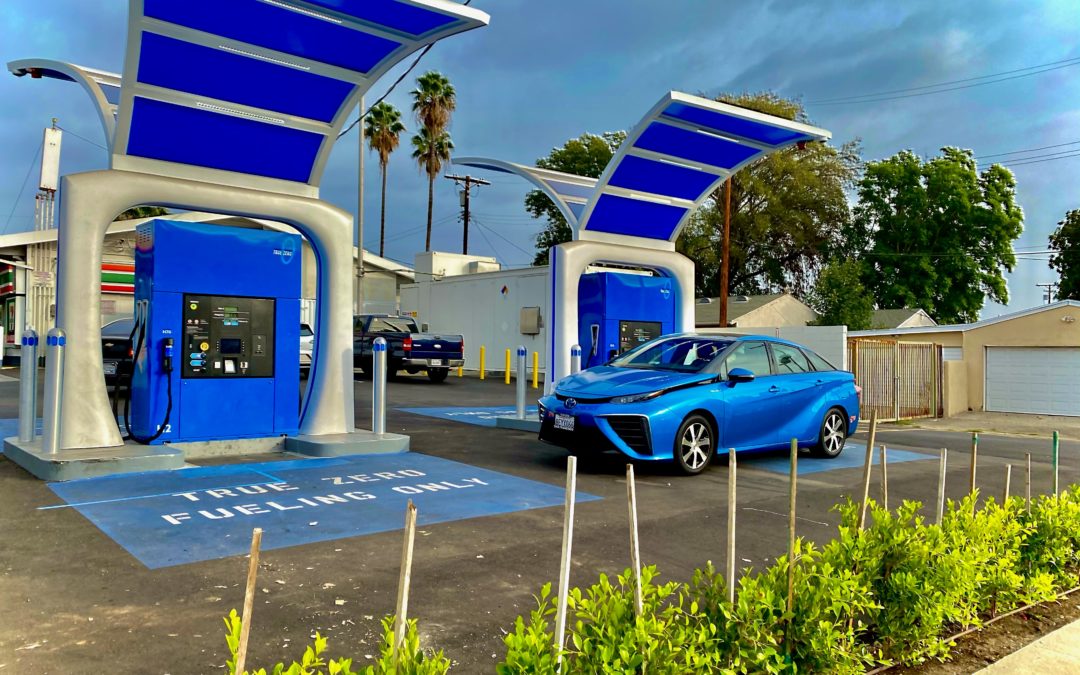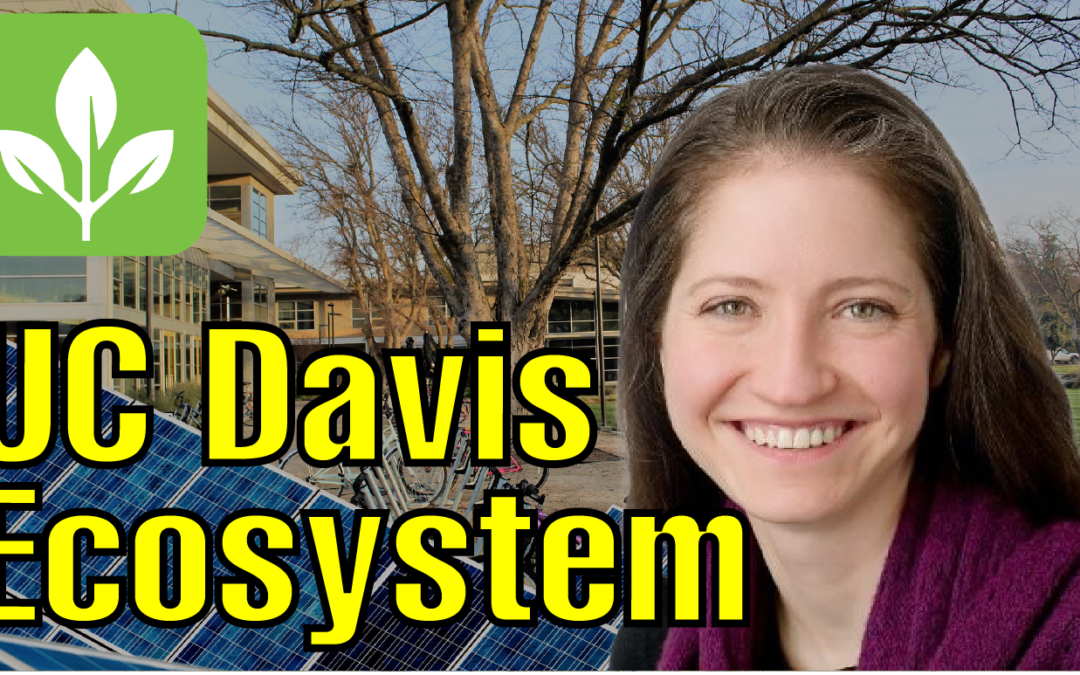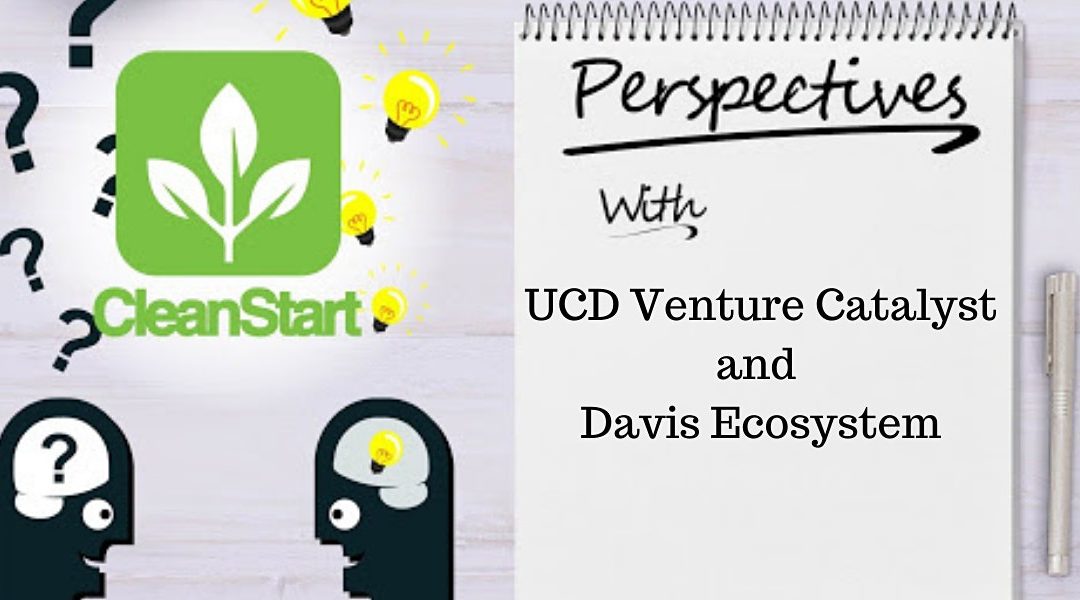
Whats New with Hydrogen
Wondering where things stand on the transition to the greater use of hydrogen as part of the clean energy revolution? We had a great discussion last night (October 28) with three individuals right at the center of activity. We hosted Jennifer Hamilton of the California Fuel Cell Partnership, Roxanna Bekemohammadi, Executive Director of the Western States Hydrogen Alliance, and Leslie Goodbody of the Air Resources Board.
We heard lots of interesting tidbits:
- The CEC has begun approving larger clusters of new fueling stations, rather than just a few at a time in an effort to pick up the pace. About 50 stations are in operation and 60 in the pipeline, with a goal of having about 155 in operation by 2025. Details are found in the latest AB 8 report from CARB. Some of the details found there include new production facilities, the number of FCEVs deployed to date (7,993) and the impact of COVID on the roll out program. The goal remains having 200 stations by 2025.
- The difference between the wholesale price of hydrogen (around $3 per kilogram which equivalent energy to a gallon of gasoline) and the retail pump price (about $12 per kg) will likely come down with more competition. The pump price for larger stations for heavy duty fleets (buses, trucks) is more like $8 right now. Economies of scale help.
- The goal for hydrogen price for the commercial and industrial sector is parity with diesel. (Not sure whether that is price per gallon equivalent or cost per mile. Fuel cells are much more efficient than diesel engines so that narrows the difference substantially if accounted for.)
- The hope for hydrogen is reaching a wholesale price of $1 per kg.
- FCEV manufacturers provide “gift cards” for hydrogen to those that lease their vehicles. The amount on the card is intended to provide for three years’ worth of fuel. That was news to those who are not that close to issue.
- There are many competing ways to use hydrogen as a clean fuel (blending with renewable natural gas or conventional natural gas, using pure hydrogen or blends in conventional gas turbines, producing synthetic renewable conventional fuels) and probably several options will be needed to meet aggressive goals to reduce fossil carbon emissions.
- The competition between hydrogen plus fuel cells for vehicles or storage and batteries is serious. The panelists offered that hydrogen has advantages in long-duration storage and in lighter-weight drive trains for long distance trucks. As we have heard from similar discussions with battery advocates, they do not concede these differences and point out that the kWhs that can be stored per kg is markedly improving (lighter weight per mile of range) and that energy density also improves the long-duration performance. In addition, the battery advocates note that the “round-trip” efficiency of storing electricity as hydrogen and converting it back to electricity in a fuel cell is much lower than the in/out for batteries.
- Figuring out where the lowest carbon footprint for hydrogen vs. batteries depends on lots of details about where the hydrogen and the electricity come from. Hydrogen from renewable gas has a particular advantage by avoiding emissions of methane from decaying biomass. The amount of carbon per kWh of electricioty is dramatically changing due to the transition to zero carbon sources.
The panelists were each asked where the opportunities are for innovators in the areas they watch. Roxanna made a big point about the need for financial innovations to make the purchase and use of hydrogen easier. Jennifer and Leslie saw more competition as an important element, along with ways to reduce the cost of pure “green” hydrogen, avoiding the collateral carbon emissions from the supply chain. In addition, the entire logistics chain is in need of improvement, with opportunities in reducing the energy lost in compression and leakage, and in using pipelines vs. trucks.
This was one of the more fascinating discussions we have had, thanks to the experts we had on our panel and the active participation of the audience. The session was recorded and is available on our YouTube channel.
Follow us on Social Media to keep upto date!

ABOUT THE AUTHOR
Gary Simon is the Chair of CleanStart’s Board. A seasoned energy executive and entrepreneur with 45 years of experience in business, government, and non-profits.
CleanStart Sponsors
Weintraub | Tobin, BlueTech Valley, Revrnt,
Moss Adams, PowerSoft.biz, Greenberg Traurig, Momentum,
College of Engineering & Computer Science at Sacramento State





